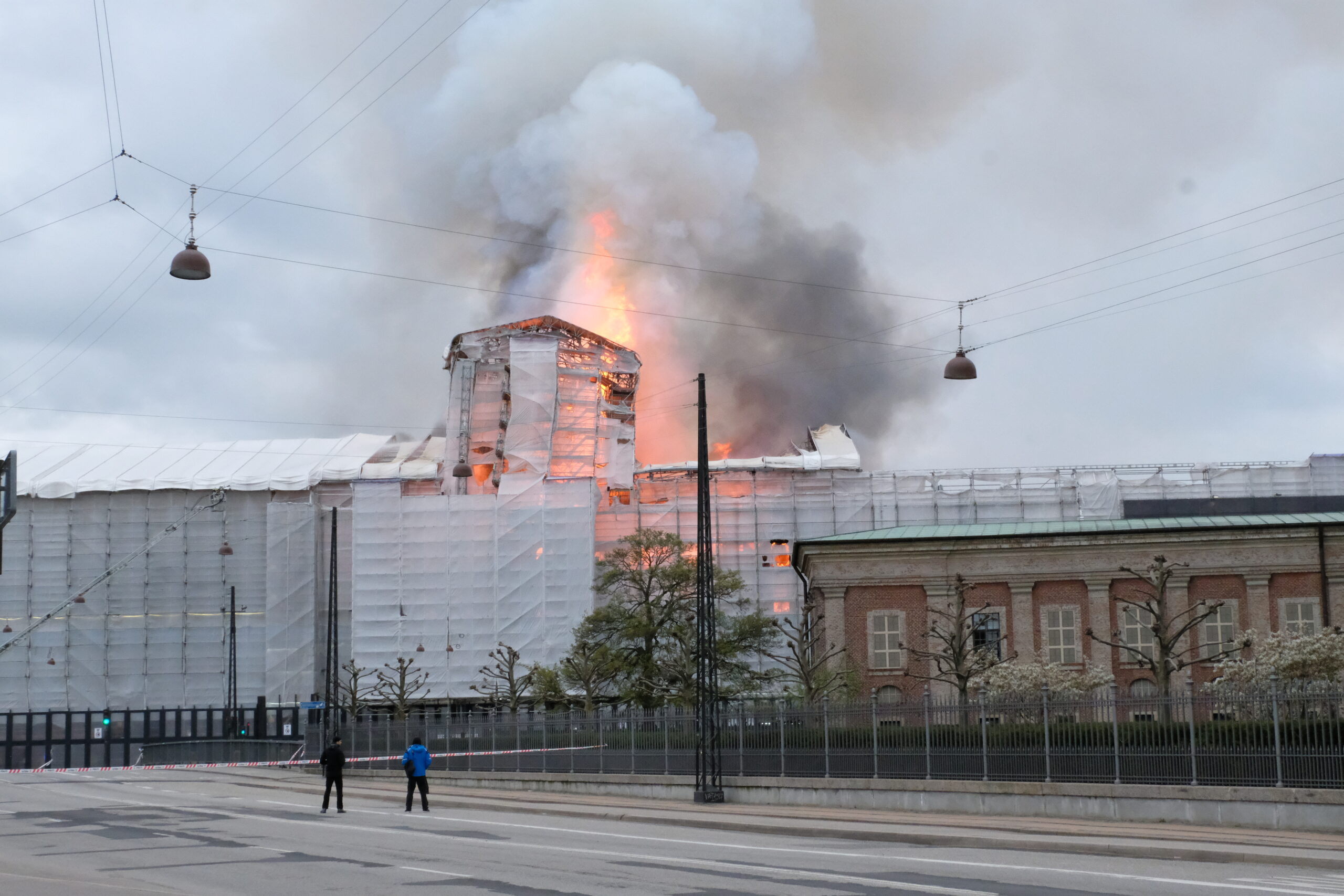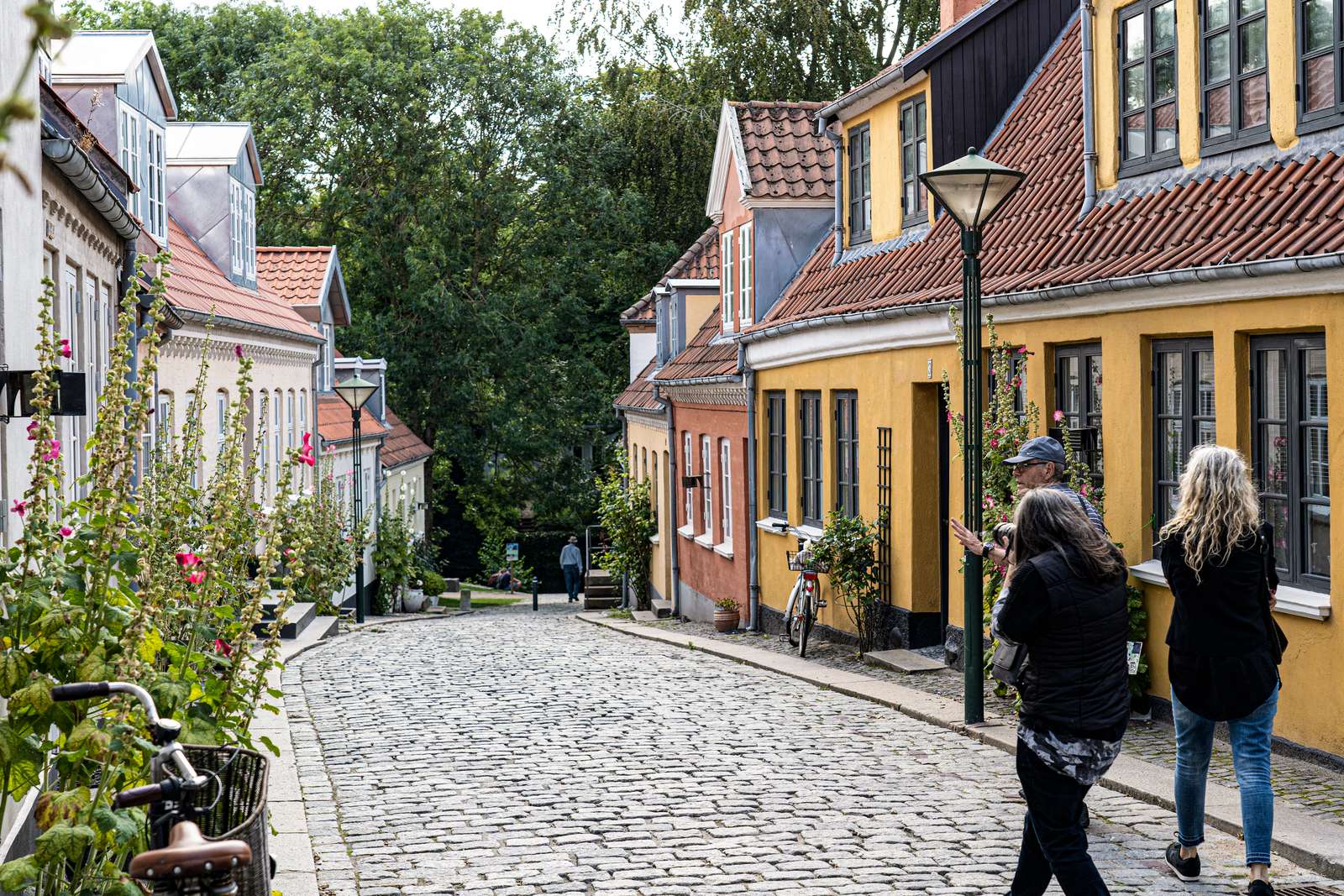The tide is turning against the criminalisation of cannabis. Portugal, the Netherlands and several US states have to varying degrees decriminalised its use and now Copenhagen has decided to join the movement with a three-year trial to decriminalise the drug.
But while city officials envisage Copenhagen undertaking the world’s most ambitious decriminalisation project – both the production and sale would be legalised – large questions remain about what shape the so-called 'Copenhagen Model' would actually take.
Today around 150 attendees gathered in the City Hall’s banquet room to hear the City Council’s plan.
“We would like to have fewer smokers, a lower incidence of cannabis psychosis and less crime,” the deputy mayor for social affairs, Mikkel Warming (Enhedslisten), told the audience. “But criminalising cannabis doesn’t work. It’s here to stay. Legalisation won’t be a miracle cure, but it will open up solutions to some of the problems that cannabis creates.”
The conflict is this. One the one hand, the city wants to take the one billion kroner cannabis trade out of the hands of criminals. But the fear is that legalisation could increase consumption. Given the documented connections between mental illness and cannabis use, more users could mean higher rate of mental health problems in Copenhagen.
So the question becomes whether it is possible to decriminalise cannabis while also minimising the number of people who use it.

One of the primary goals of the trial is to take the cannabis trade out of the hands of criminals. This would require offering a competitive product at competitive prices from locations in the city that are as accessible as the illegal market.
The city is open to both external and domestic suppliers for its product, which would most likely be sold through an established chain of stores, such as pharmacies. This would be easier to implement during a trial period as having to construct new specialist outlets or expecting the private sector to step up would likely take much longer to get running.
The city has not settled on a final model, however, nor has it established a concrete plan for preventing cannabis tourism and ensuring that vulnerable users get the help they need.
Let the state control it
There was plenty of advice to be heard from experts today, however. Among them was Willy Pedersen, a professor of sociology at the University of Oslo. He argued that that the best way to legalise cannabis, while also minimising its use, would be to establish state-run dispensaries similar to the Swedish and Norwegian alcohol monopolies.
Pedersen argued that if weren’t state controlled, the private sector would seek to use ‘cannabis culture’ to encourage more people to consume cannabis and boost its profits.
“What we all want is a reduced consumption of cannabis,” Pedersen told The Copenhagen Post. “But the cannabis culture romanticises cannabis use and encourages people to consume it, while privatised sale creates an incentive for businesses to sell as much product as possible.”
But if pot were in the hands of the state, would crime really be reduced? This is one of the major goals of the trial as Copenhagen's increase in gun crime has been attributed to gangs fighting over a share in the highly lucrative illegal cannabis trade.
Speaking to the conference, Kim Møller from the Centre for Alcohol and Drug Research at Aarhus University said that while crime may drop in the long-term after decriminalisation, in the short-term the gangs would simply move to fighting over other sources of income.
Mental health issues
The connection between mental health problems and cannabis use is seen by many as the most troubling aspect of legalising cannabis. The city argues, however, that a legal network of cannabis outlets would provide new points of contact between social workers and at-risk users. Their hope is that more users would find treatment if legalisation were to be enacted.
 Dan Orbe from the council’s anonymous drug counselling organisation, U-Turn, argued that the city needed to recognise that it might need to set aside more funding for counselling and preventative programmes. Orbe also added that the city would probably have to completely overhaul its current strategy for preventing drug use among young people.
Dan Orbe from the council’s anonymous drug counselling organisation, U-Turn, argued that the city needed to recognise that it might need to set aside more funding for counselling and preventative programmes. Orbe also added that the city would probably have to completely overhaul its current strategy for preventing drug use among young people.
Laws and conventions
Gearing the police and social services to deal with changes brought about by legal cannabis may not be the most pressing problem facing the city, however. Denmark is a signatory of the 1961 Single Convention on Narcotic Drugs that controls the production and sale of cannabis.
Not wanting to break their commitment to the convention, the Netherlands’ novel solution was to make cannabis illegal but not punishable under certain conditions. This non-enforcement policy makes consumption in coffee shops legal, even though the coffee shops still have to source their products from illegal sources.
The Copenhagen Model will challenge the convention more directly, however, by decriminalising the possession and sale of cannabis. This approach more closely follow the strategy of the US state of Washington, where in November 2012, voters passed a law that legalised the possession and cultivation of cannabis.
Seattle's city attorney, Peter Holmes, explained that the initiative passed by promising voters that cannabis would be heavily taxed and regulated.
Cannabis possession and cultivation in the United States is still highly illegal under federal law, however, meaning that the state of Washington – along with Colorado, which also passed legalisation in November – has placed itself in a tricky position with Washington, DC.
But Holmes argues that there is no option left except legalising cannabis.
“The prohibition of cannabis has not achieved its stated objectives because the demand is too strong,” Holmes told The Copenhagen Post, adding that pressure from the US to maintain Draconian legislation on cannabis may be a reason why the Danish government has repeatedly turned down the city’s attempts to legalise the drug, most recently last year.
But as more countries move to legalise the drug, Holmes argues that the US will have to accept that prohibition has not worked
“The world hasn’t ended [after cannabis was legalised]. What we are witnessing now is just the crack in the dyke and more states will soon follow our lead with legalisation," he said. "The genie is out of the bottle.”
Holmes was careful to state that Copenhagen needed to find its own solution, however, and that what works in Seattle may not work in Copenhagen.
“The conference has confirmed that we need to find our own plan for Copenhagen,” Mayor Frank Jensen (Socialdemokraterne) said in his closing statements. “We need to end a failed policy and take responsibility. City Hall now needs to take the lead.”













